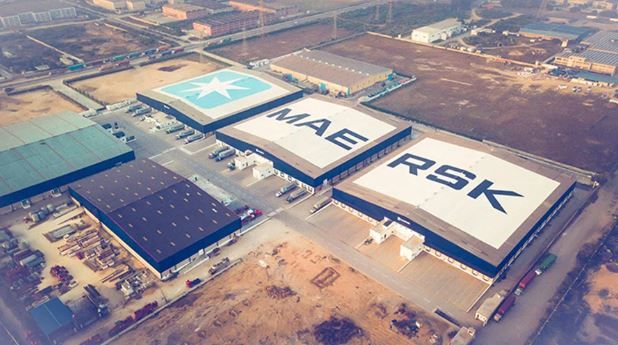The new facility is specifically designed to accommodate the needs of the vast Norwegian seafood industry and it is expected to be among the largest cold storages of its kind in the country.
Maersk said the new facility is expected to become fully operational by the first quarter of 2024.
The construction of the new facility in Aalesund, which also will be the company’s first low greenhouse gas (GHG) emissions cold storage in Norway, will be complied with BREEAM Excellent standards with zero direct emissions from operations in full accordance with Maersk´s overall goal to decarbonise its entire operations by 2040.
When operational, the facility is expected to help significantly reduce customers’ climate footprint in their entire supply chain.
Maersk’s emissions targets entail that at least 90% of its global cold chain and contract logistics operations will be certified as green by 2030.
Upon completion, the new and innovative facility will have around 12,000 m² of fully convertible temperature-controlled space. In total, the facility will provide storage for over 33,000 pallets of cold store products while offering integrated cold chain logistics offerings as storage, distribution, and inland transportation services.
“With this initiative, we are taking another step forward in enabling true end-to-end cold chain offerings in Norway. The new facility in Aalesund will allow all cargo to be directly stored and consolidated at our cold store at the terminal instead of being consolidated from smaller cold stores in the region,” commented Birna Odefors, area managing director, Nordics, A.P. Moller – Maersk.
She added, “With its quay side location, it will also provide easy infrastructure access from palletised cargo from the North and limit today’s traffic between cold stores and terminal.” The new facility is expected to serve as a seamless supply chain link for customers when transporting frozen and refrigerated products such as linking Aalesund with easy access to national road networks and proximity with shipping ports reaching major container hubs in Europe with relative ease and from there to the rest of the world.






